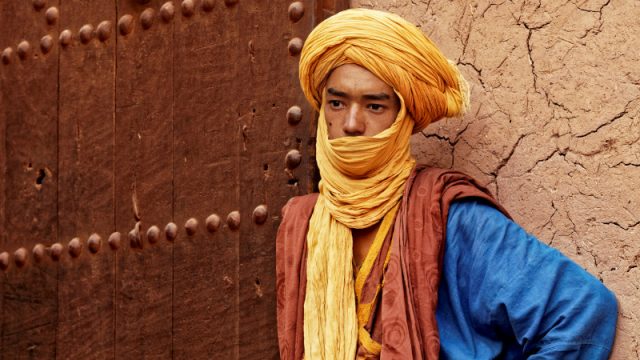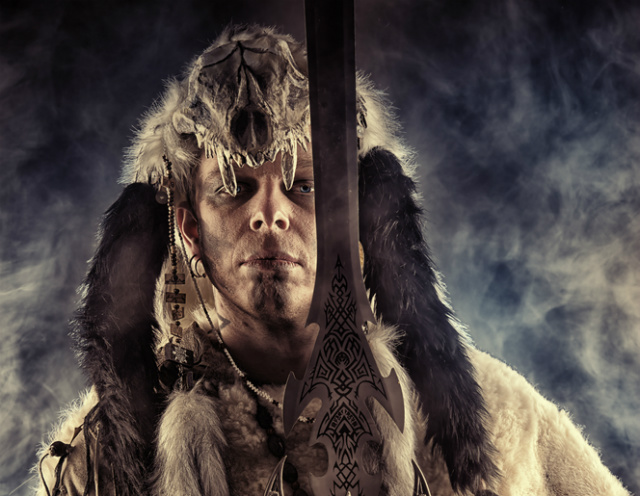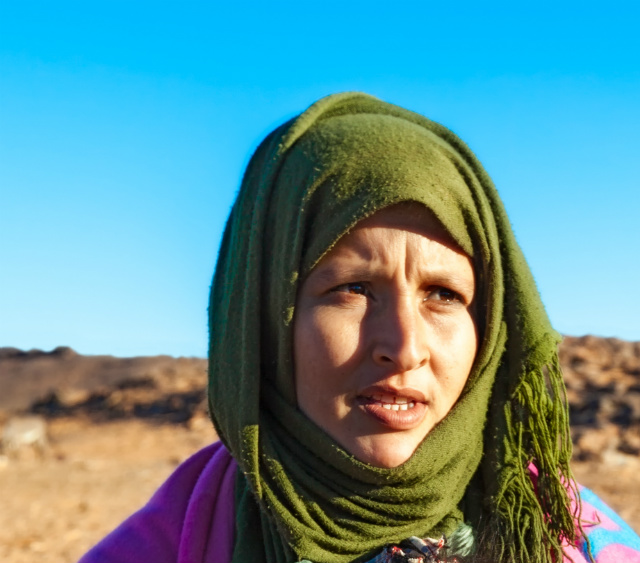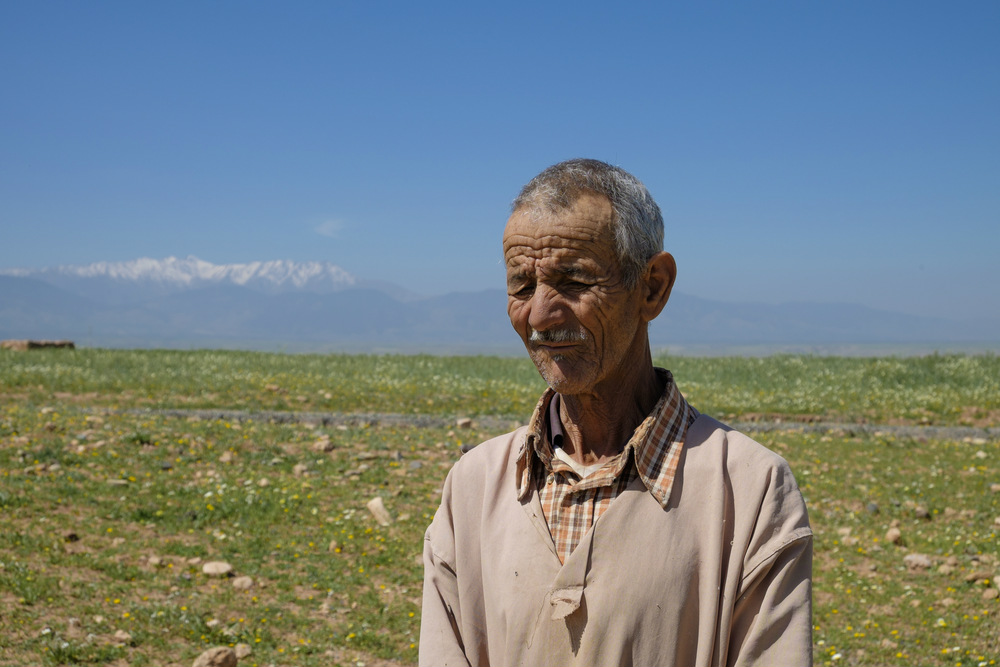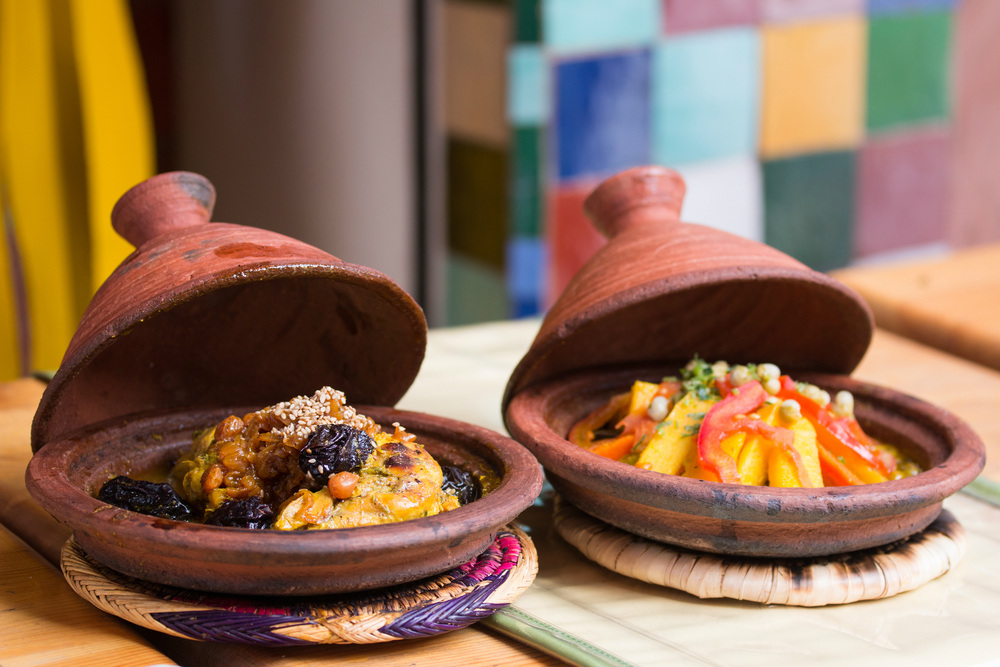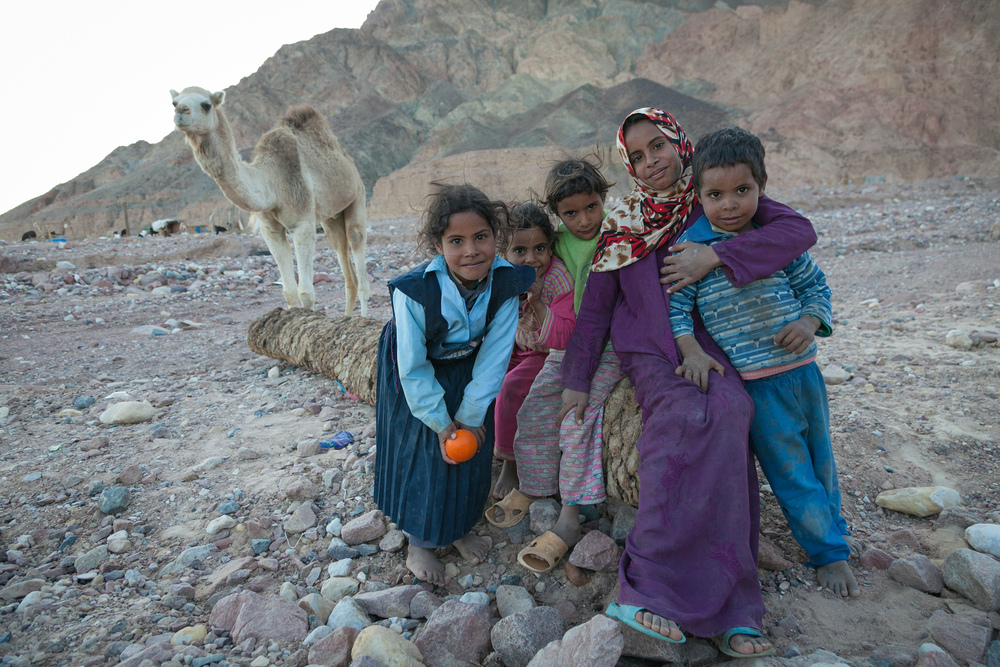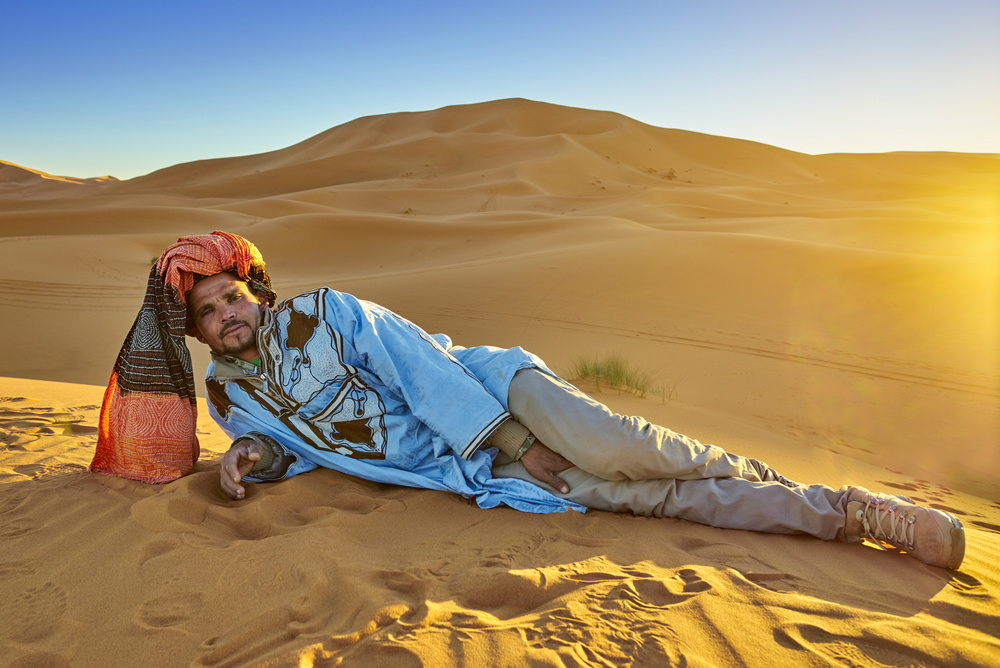The Berbers inhabit several countries throughout north Africa and have long been a pillar of the culture in the region. Most tourists know them for their colorful wardrobes and the goods they sell in the souks of Moroccan cities. But there’s far more to their culture than just entertaining tourists and selling fantastic crafts. Here are 10 things about Berbers that you might not know, and may even surprise you.
They were in North Africa before the Arabs
The Berber people have been in North Africa far longer than the Arabs, who are now the majority population. The Berber culture dates back more than 4,000 years, and ancient Berber states like Mauritania and Numidia predate pretty much everything in the region.
Their name comes from the word “barbarian”
The word Berber comes from the Greek word “barbaros” (meaning barbarian). In fact, the original Arab word for the Berbers was “Al-Barbar.” They got this moniker because the Romans, French and Arabs who first encountered them perceived their foreign culture and customs to be barbaric and “uncivilized.”
They have fantastic wedding traditions
One of the most famous Berber cultural events is the Imilchil wedding festival. Every year in September (according to the lunar calendar), local tribes come together in the High Atlas mountains to allow men and women to meet and marry. An ancient story associated with the festival tells of two lovers who were unable to marry because of their feuding families. After they found out the news, they drowned themselves in nearby lakes.
Most Berbers are Muslim
Like most communities in North Africa, Berbers are mainly Muslim. They weren’t always, though. For centuries the Berber people fought against invading Arab tribes, who largely succeeded in Islam-izing them. There was once a significant population of Berber Jews who lived in the High Atlas mountains, but most of them have long since moved to Israel.
There is an ancient Berber written language
Although there are around a dozen modern Berber languages spoken in North Africa, none have been exclusively tied with the ancient Berber script. The written Berber alphabet was similar to Punic and Latin texts, and this relationship has allowed linguists to transcribe some of the ancient texts. The script was thought be prolific from the 3rd century BC to the 3rd century AD.
Most of them live in the mountains
While you might see some Berber performances or crafts while touring in cities like Fez or Marrakech, most Berbers do not live there. Instead, they live in the mountainous areas of Morocco and other North African countries, where they farm and live a self-sustaining lifestyle, with a small percentage being nomadic.
The cuisine has been the same for centuries
The delicious Berber cuisine has remained pretty much the same for centuries and includes staples that have been incorporated into the traditional cuisines of North African countries, including couscous, tajines, pastillas, tahricht (offal), and bourjeje (a type of pancake).
The exact population of Berber-speaking people is unknown
Due to the nature of the Berber lifestyle (many being farmers and nomads) it’s hard to get an exact count on how many Berber speakers there are. It’s thought that between 15 and 25 million people in North Africa (mostly in Morocco and Algeria) speak Berber languages. You’ll also find some Berber speakers in Egypt, Tunisia and Burkina Faso as well.
They were once thought of as second-class citizens
Sad, we know. However, much like the Aboriginals in Australia or native peoples in other countries, Berbers were considered second-class citizens until around the middle of the 20th century. Now they are held in equal regard with other cultures, and Berber is recognized as one of Morocco’s official languages.
Over 40% of Moroccans are Berber
Although you may not see many of them if you’re just hanging around Casablanca, over 40% of Moroccans are Berber — an estimated 13 million people. Other countries with significant Berber populations include Algeria with 7-8 million, Niger with 500,00, Mali with 300,000. Even countries outside of north Africa have large populations, such as France with over 2 million and Canada with just over 25,000.
Want to discover the finer side of Africa? Sign up for our weekly newsletter.
